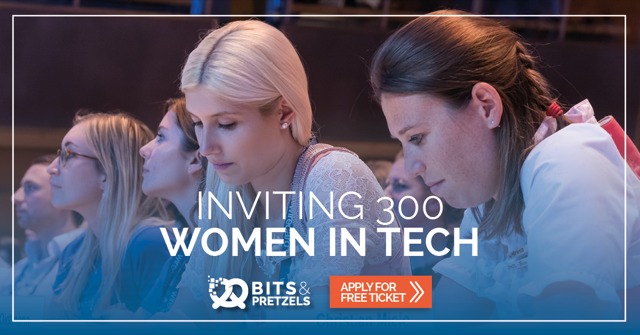
Interested in drindls + networking + beer for free? Bits and Pretzels, my all time fav tech conference, which takes place at Oktoberfest is giving away 300 tickets to women in tech.
They write:
Anyone working in the startup world knows intuitively that women are not well represented in founder roles or technical positions. There are countless brilliant female founders in the international startup ecosystem but they are still underrepresented in the public awareness.
This is something we’d like to change! Despite our decision not to grow bigger and to once again limit the total number of tickets to 5,000, we didn’t want to reduce the number of tickets for our Women in Tech Special. It is extremely important to us to push awareness even further and are therefore happy to announce that…
You can apply for your ticket here. See you in the beer tent!

Bits and Pretzels 2015
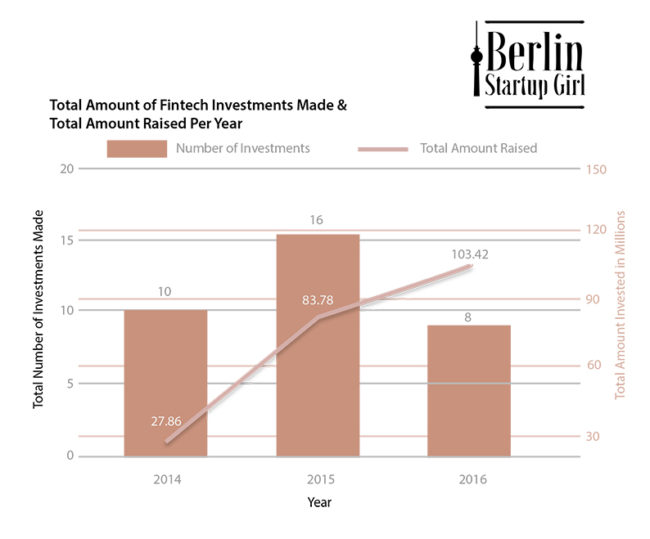
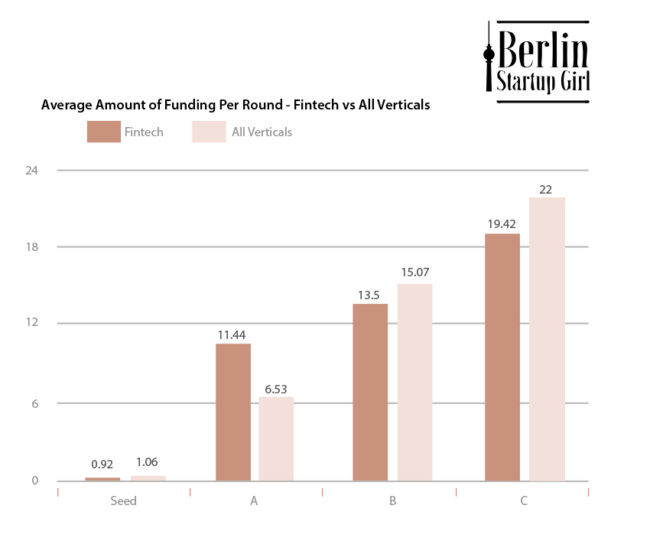
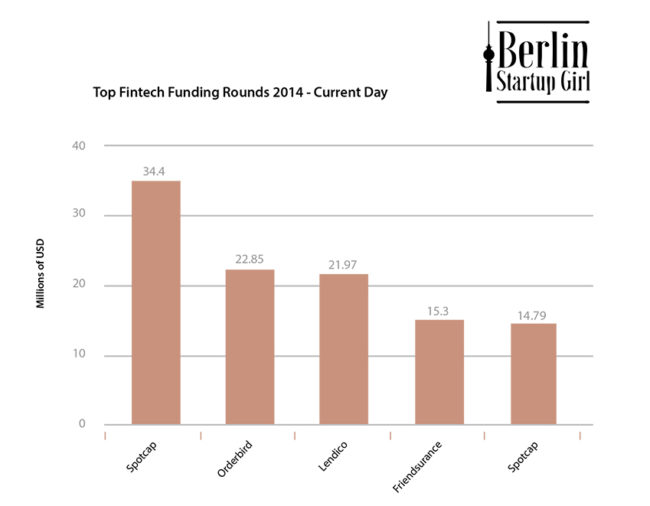
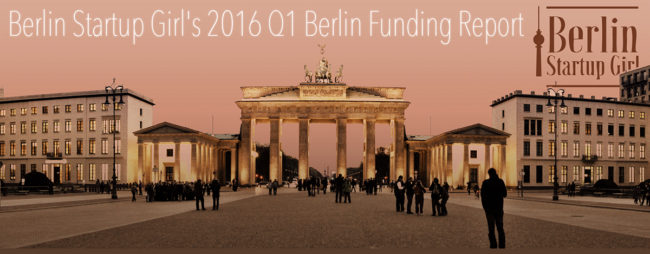
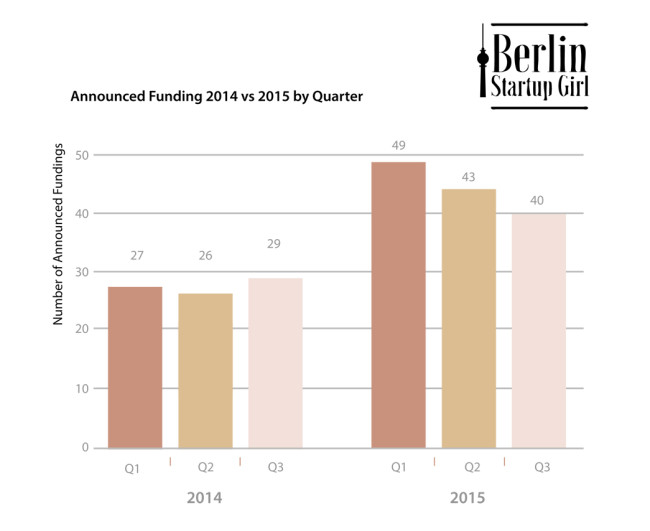
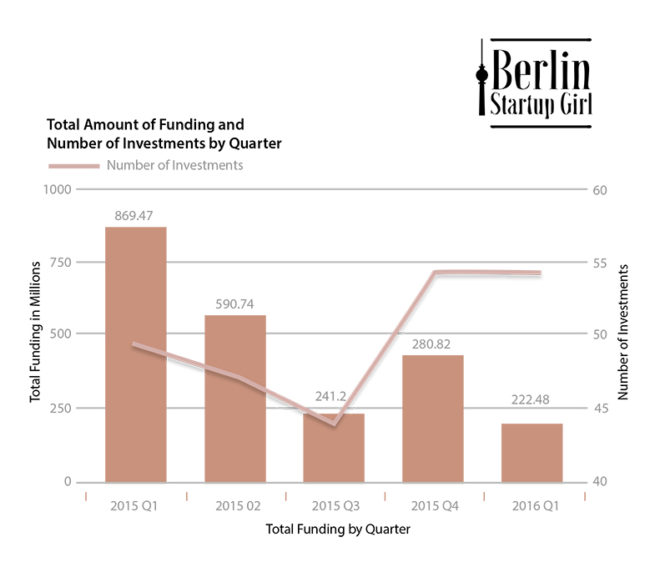
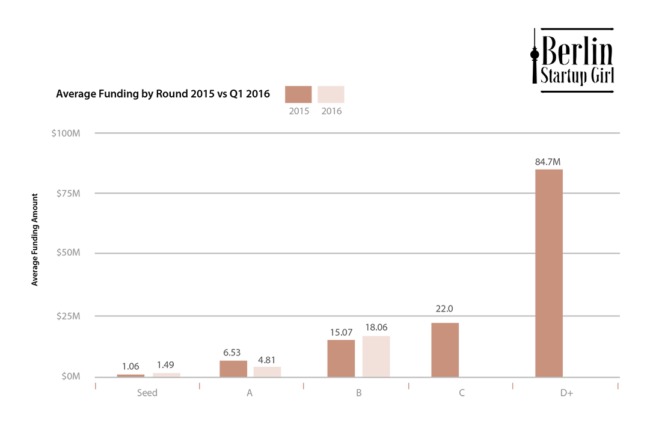
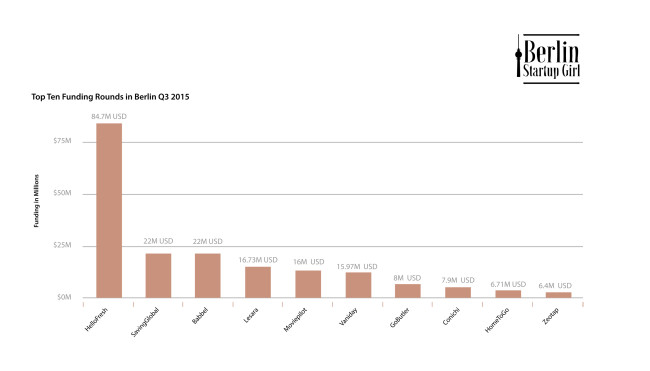
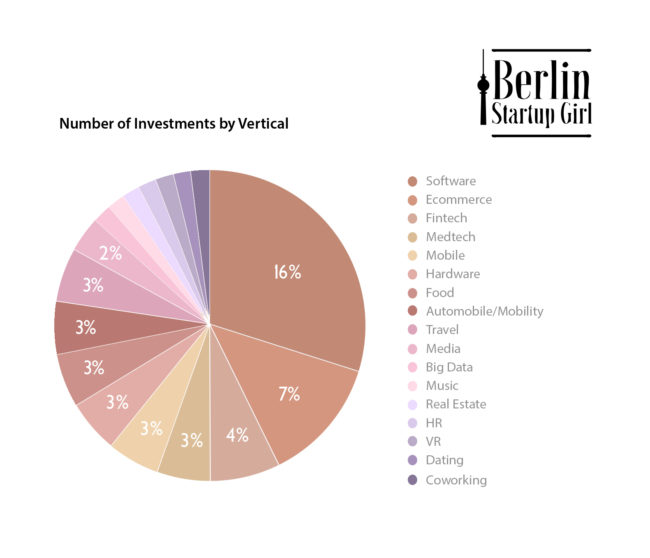
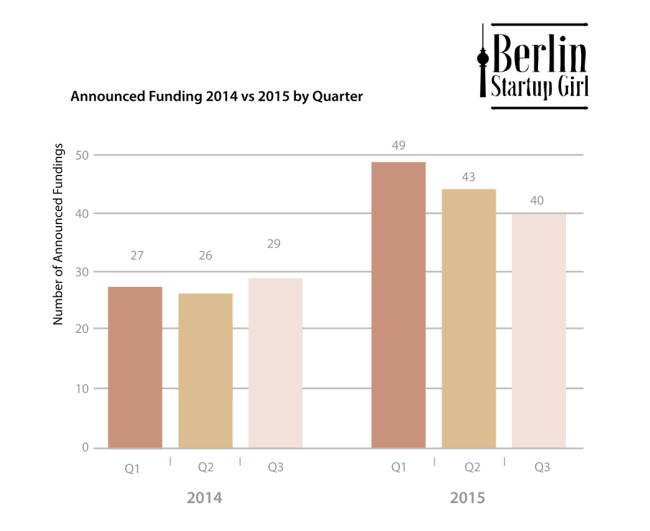
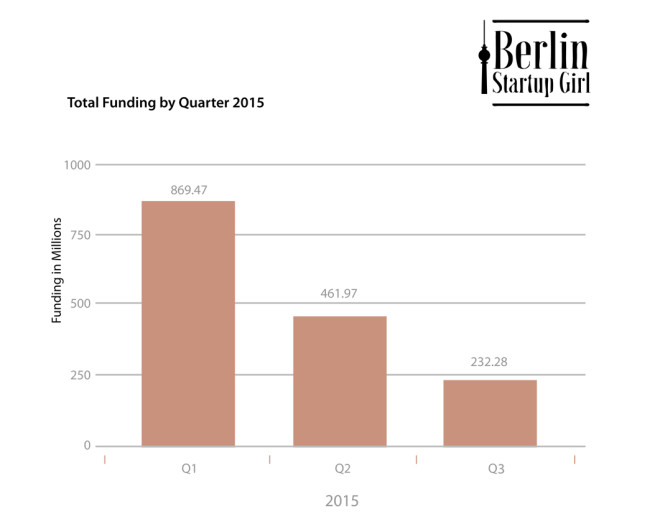
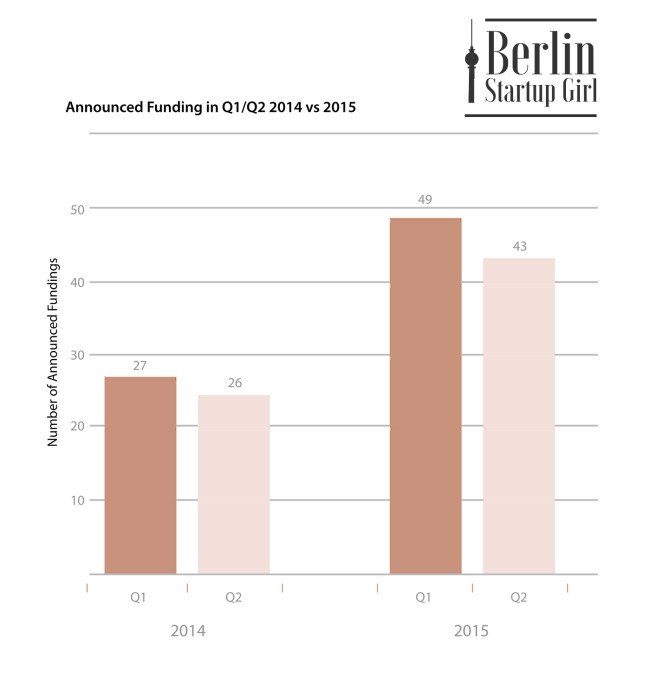
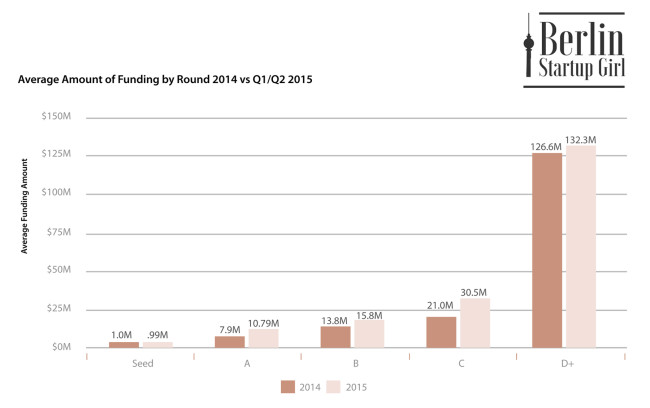
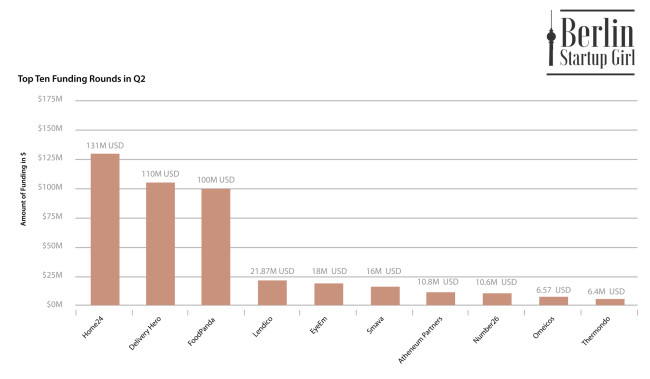

Recent Comments